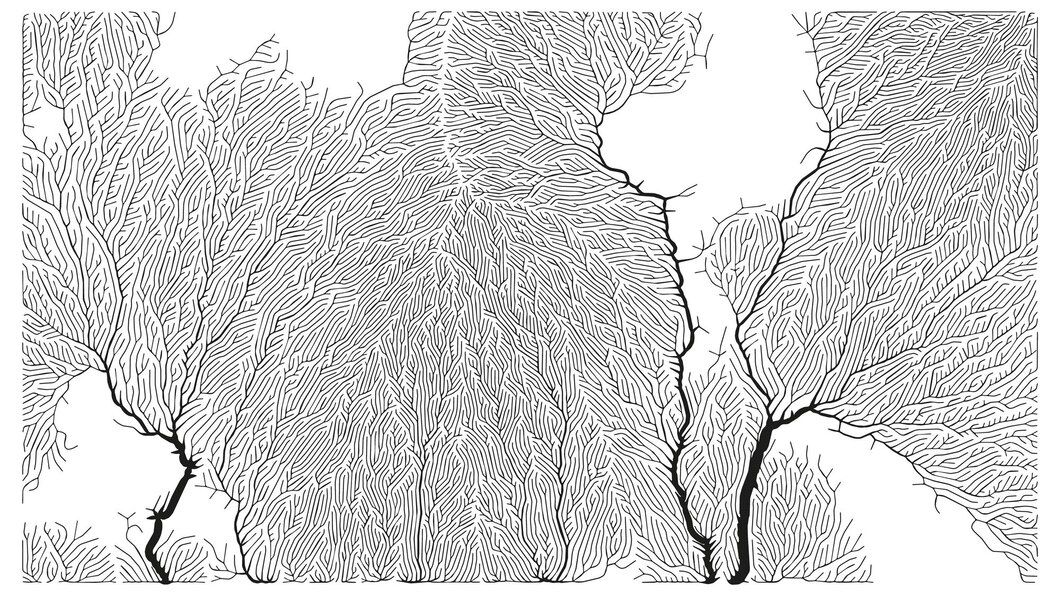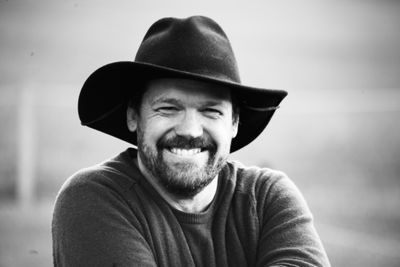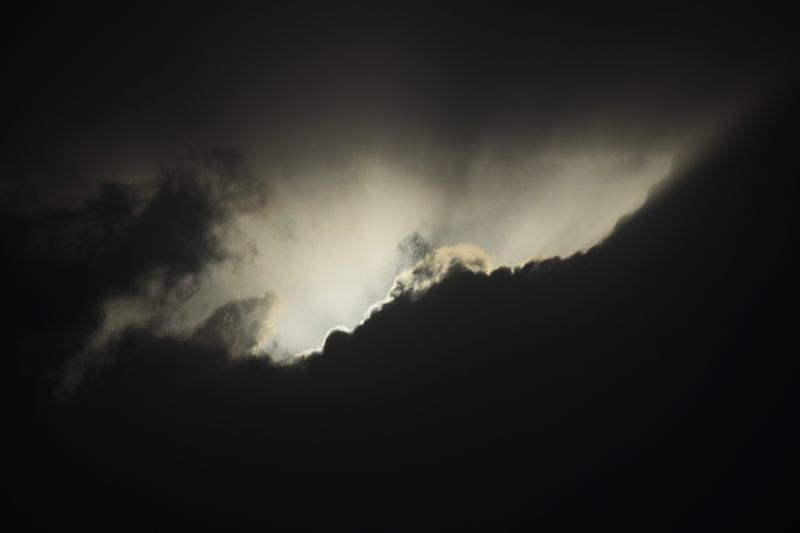Let’s start with a few wild assumptions. Let’s go with the idea that our complex global society is breaking down. And that it probably started breaking down quite a few years ago.
For some people, that’s sort of obvious. For other people, its nuts—this civilisation is in full flight, and going places. I’m suggesting we go with the core observations of both those ideas, and that they don’t exclude each other: yes, it’s in full flight, or something like that, and yes, that flight is breaking down, in mid-spectacular-arc.
And that will take us somewhere.
When I put forward ideas like these, though, I always feel a strong pull to explain, to justify, to want to make powerful arguments. But then I try to remember that I don’t want to be an explainer, a justifier of ideas, a guy with an argument. I just want to talk to people about it, and I’ll miss out if I go around pushing a theory.
And anyway, the question is so massive, so consequential—is the world civilisation in break-down? —that it seems right that its no-one’s domain to persuade. In a way, there are no experts on this. Some people have a lot of knowledge around it, for sure, but the more of that they gain, I’ve noticed, the humbler they tend to get about it.
So, if the most dedicated enquirers don’t want to claim expertise, I’m inclined to respect that. And to turn my attention away, as they suggest, from concerns about expertise and credibility, toward far bigger concerns.
Flipping that over, too, the question is also so big that everyone is entitled to a conclusion, or at least a temporary one, or a gut feeling. Its such a consequential thing, that changing your mind on it changes many life decisions, large and small.
When I decided to write a blog about this—the meta-crisis, as I’ve heard it called—it occurred to me that I only want to write about it if I don’t have to argue for its existence. Firstly, I’m not in a position to be convincing, and second, I have no sustaining desire.
So that leaves me with the only option of talking to people who have already decided that it’s real. Which is the option I wanted. That’s a happy thing, because the sustaining desire I do have is to work out, together, what to do about it. How to respond, now.
Its not a desire to be exclusive, to form a clique of believers; it’s a desire to get on with urgent work, from which the justifying, the convincing and persuading is a distraction.

David Fleming called this possible breakdown of civilisation a ‘climacteric’. ‘A stage in the life of a system in which it is especially exposed to profound change in health or fortune… Climacterics for human society could be taken to include the end of the last ice age, and the beginnings of agriculture and industry.’1
In this blog, I’ll probably lean quite heavily on the work of David Fleming, in particular his wonderful opus, Lean Logic. (Chelsea Green, 2016). I feel happy doing this, as I think Fleming’s work deserves a wider audience. And because he died in 2010, he’s sadly not around to pipe up in the conversation.
Writing around 15 years ago, Fleming described our situation like this:
The climacteric considered in Lean Logic is the convergence of events which can be expected in the period 2010-2040. They include deep deficits in energy, water, and food, along with climate change, a shrinking land area as the seas rise, and heat, drought and storm affecting the land that remains. There is also the prospect of acidic oceans which neither provide food nor remove carbon; ecologies degraded by introduced plants and animals; the failure of keystone species such as bees and plankton; and the depletion of minerals, including the phosphates on which we depend for a fertile soil.
This could be followed by economic and social fracture, taking law and order with it, and the breakdown of education systems able to pass on the essentials of culture and competence. And these events may be expected to lead to large movements of refugees and to steep reductions in population comparable with those associated with the climacterics of previous civilisations. The large infrastructures, such as those that transport energy, are likely to be out of commission. The constant supply of water, energy, money, security, and professional skills needed to prevent stores of high-level nuclear waste from leaking and catching fire may not be available. Justice—which, in an affluent society, is seen as the only defensible criterion for judgement—will be open to new interpretations. This is deep, interconnected, planetary tragedy; grief reaches out to grief: one deep calleth another.
(p.43, Lean Logic—A Dictionary for the Future and How to Survive It)
This description might be somewhat out of date now—deficits in energy no longer seeming so critical, for example; the problem now might be about how to keep reserves in the ground. But the over-arching trajectory is likely the same.
And so, if this is a genuine possibility for our future, what exactly, should we do? Should we pour all that we have into preventing it from happening?
The most ethical answer would appear to be, yes. That’s the best thing for the collective good. How could you think otherwise? Except that the window of opportunity for prevention seems to have either closed or be about to close.
That’s another wild assumption, perhaps, that I’m suggesting we make together. That the meta-crisis is already in full, complex swing. That it probably has too much momentum. Planetary boundaries have likely been passed, and our own civilisation-systems have too much momentum, to prevent some kind of climacteric from happening.
And no, I’m not going to make arguments for that either. It might feel like, with an idea as scary as that, surely some convincing is necessary by anyone writing in this field? Well, if this blog ever helps to convince someone by accident or osmosis, I’d be humbled and pleased. But the same urgency of purpose applies: to get on with the work, from which the justifying, the convincing and persuading is a distraction.
So, if you’re willing to make those assumptions, what possible work is significant enough to be worth doing in the face of a problem like that? Well, that is the subject of this blog.
But part of that work, and this subject, is a process of unlearning, in which I’ll be suggesting that many of our ideas of significance, of impact, of scale and of making change, are problematically off-kilter, subtly but crucially skewed. No fault of our own, just a characteristic of our dominant cultural conditioning.
And what follows is that, in re-learning how life on this world really works, there’s a basis by which you can make better decisions, and build better culture. The sort of culture that could possibly survive this crisis and carry human safety, human connection to this wild earth
This unlearning and re-learning doesn’t come from me, of course, but from a growing community of people who are either sensing a new path, or have always known it but are struggling to be heard, or people whose understanding hasn’t quite landed with the significance it warranted. It’s a lovely community with exciting ideas at play, with wonderful values in its veins, and I think this alone would be worth sharing.
I don’t claim any expertise here either. I just want to lend whatever energy and insight and methods I might have to help move this work along, and build those relationships. To contribute to a growing culture of care toward these aspirations.
I started this post by suggesting we make some wild assumptions. But I want to say clearly that an assumption is not a certainty. The ones I’ve decided to make, at least, are not about knowing anything for sure. They’re about putting a big question behind you, so you can explore the territory beyond it.
Many of these big questions are holding our society, our culture, back from acting with integrity. A judgement is needed, in which you say something like this: perhaps I don’t know for sure what’s going to happen, but I have a pretty good sense of what kind of world would be better to live in, and if working with a breakdown, a climacteric of sorts, is the same as making that world, then that’s what I’ll do.
Even while the window of opportunity may still have been open, David Fleming agreed:
There are no certainties here. It is not certain that the climacteric as outlined here will happen. Some sustainable technologies are moving ahead rapidly; renewable energy is on course to transform the world’s energy economies. The likelihood, however is that ... a solution to the energy problem on its own will fall far short of holding off the other events whose combined weight can be expected—quite abruptly, and quite soon—to deintensify our political economy. Our social and economic order may be out of time.
And yet, the question about what the future holds does not really make any difference to what we decide now: there is just one way forward, and that is to build the sequel.
(p.44, Lean Logic—A Dictionary for the Future and How to Survive It)

Comments? If you would like to say something about this post, I'd love that. For personal reasons, I don't enable comments on the blog site, but please feel free to write to me—andy@wearehumans.com.au






